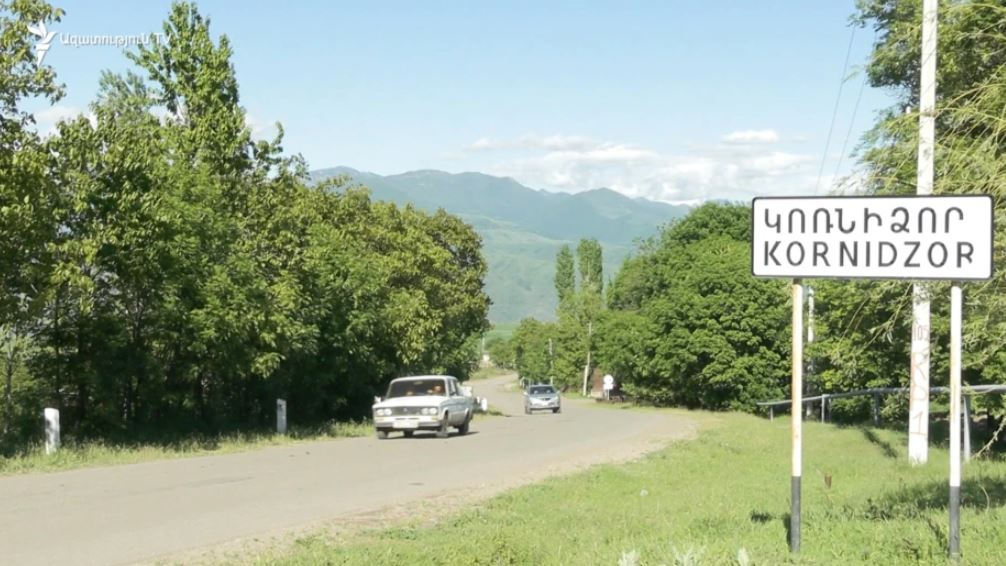Azatutyun.am. Armenia is due to start building next month the Armenian section of a new highway that will replace the existing corridor connecting it with Nagorno-Karabakh.
The five-kilometer-wide Lachin corridor became Karabakh’s sole overland link to Armenia following the 2020 war with Azerbaijan. Armenian forces pulled out of the rest of the wider Lachin district under the terms of the Russian-brokered ceasefire that stopped the six-week hostilities.
The truce accord calls for the construction by 2024 of a new Armenia-Karabakh highway that will bypass the town of Lachin and two Armenian-populated villages located within the current corridor protected by Russian peacekeeping troops.
Azerbaijani and Turkish construction firms have been rapidly building a 32-kilomer-long highway that will link up to new road sections in Armenia and Karabakh.
Read also
Armenia’s Ministry of Territorial Administration and Infrastructures said on Friday that work on the Armenian section will start in August.
In late June, Prime Minister Nikol Pashinian’s cabinet allocated funding for a geodetic survey and map design needed for the road’s construction. A group of surveyors and other construction specialists were afterwards spotted near Kornidzor, an Armenian village close to the Lachin district.
“Surveyors came and took measurements in an area through which [the road] will pass,” Lusine Karamian, an official from the village administration, told RFE/RL’s Armenian Service.
“According to our information, the road will pass through fields adjacent to Kornidzor, said Karamian.
Arayik Harutiunian, the Karabakh president, sought to allay concerns about the loss of the current Lachin corridor and its security implications when he addressed local legislators in June. He stressed that the route of the bypass road built by Azerbaijan was approved by Karabakh’s leadership.
For many residents of Armenian and Karabakh villages located along the planned new corridor, those security concerns outweigh its potential economic impact on their communities. As one of them put it, “If you can tell me what will happen tomorrow, I will tell you whether or not the [new] road will be good for us.”

























































